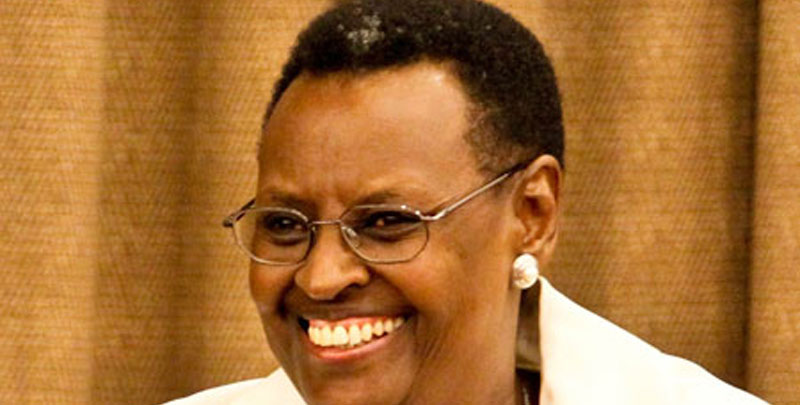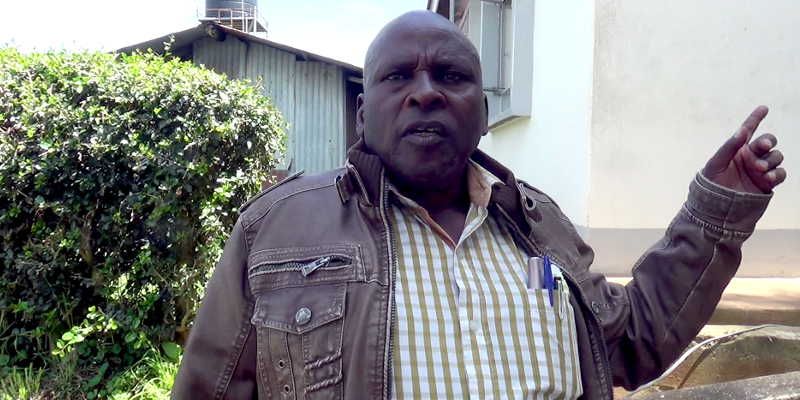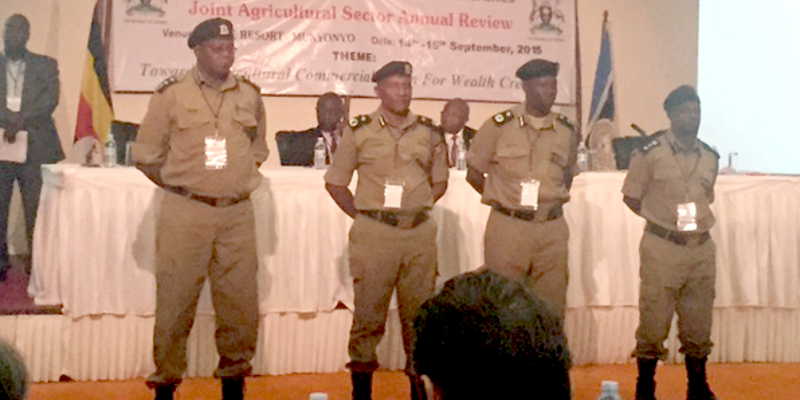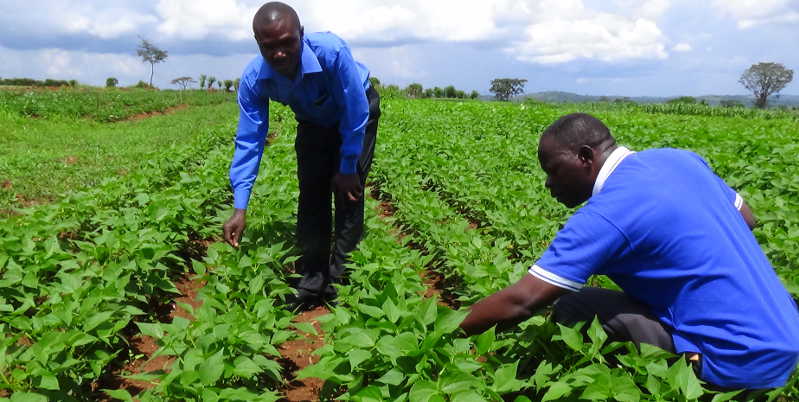New reports state that food demand on the African continent will rise by more than 60% by 2050. The continent has the fastest growing population in the world and is expected to increase about 50% over the next 18 years – equating to nearly half of the expected global population growth for the next 20 years. However, despite having 65% of the world’s arable land, most countries rely on imported food – costing an estimated $50 billion a year.
Pursuing an agricultural productivity agenda is therefore no longer a choice but a must in sub-Saharan Africa. But while some countries advance in global marketplaces – others fail to do so. While conditions differ among African countries, some similarities exist. A new study into the Ugandan sugarcane industry undertaken by the UCT Graduate School of Business (GSB) offers some useful insights into what’s getting in the way and points to a lack of competitiveness as one of the biggest barriers to greater productivity and profits in the agricultural sector.
Although sugarcane is a key cash crop for Uganda and one of its leading industries, the sector could be performing much better – with much greater benefits for producers and families. Although the economy is growing at over 3%, a recent PricewaterhouseCoopers report states that as many as 70% of Ugandans are vulnerable and sometimes fall below the poverty line. In May 2017, Oxfam said the rich were getting richer and the poor were getting poorer in Uganda. Although most Ugandans work in agriculture (about 70%), the sector share of the economy is only 23%.
Increasing competitiveness in the sugarcane industry is vital. According to the global ranking of 108 sugar producing countries for 2013, Uganda is ranked number 38 in sugar production and number 41 in sugar yields per hectare. There are many problems in the industry – one of them being that the country lags behind competitors in terms of production and productivity. For example, South Africa is able to harvest its cane in nine months, while Uganda needs another six months to do so.
In addition, the sector is riddled with unjust and unethical policies and practices. A survey of Ugandan farmers showed that over 78% are in favour of dismantling the current monopoly ‘zoning’ policies. These restrict property rights ownership, especially land, and prevent open access to the establishment of competing mills that would be able to offer competitive cane prices to growers and ultimately enhance competitiveness along the sugarcane value chain.
The demerits of monopoly policies have been confirmed by the World Bank in the World Development Report 2013, which points out that large firms can only innovate if they are exposed to competition. In Uganda, in addition to monopoly land ownership, there are also uncompetitive cane prices differing between regions.
The country’s sugarcane industry is also hampered by unethical regulation, the exploitation of growers, and unequal governance power sharing between millers and growers.
While farmers worldwide earn around 60-65% of sugar industry proceeds, the reverse is true in Uganda. Here, farmers earn less than 40% of the sugarcane proceeds. Considering that it takes cane farmers two years to produce a cane crop ready for the market, while millers need only 24 hours to crush the cane, it is hardly any wonder that sugarcane farmers in Uganda are described as some of the most exploited on the continent. Despite taking most of the risk on producing the crop, they get the smallest share of the value created.
New legislation for a minimum 50% share is currently being debated in the Ugandan Parliament where more reform is also being considered to address inequalities in the sugarcane industry. Farmers and entrepreneurs – especially in small to medium sugarcane enterprises – eagerly anticipate these reforms.
The World Economic Forum (WEF) defines competitiveness as being the set of institutions, policies and factors that determine the productivity of a country – the main factor driving economic growth and income levels. Rising competitiveness means more prosperity.
Much of the research being done into competitiveness falls into the field of global value chains (GVCs), which looks at how competition pressure is affected by the globalization of industries and how value is created and captured.
The GSB research covers new ground in GVC theory-building by discovering new critical success factors for measuring competitiveness at firm and sector levels. These include the entrepreneurial qualities of personal involvement in the business, passion for the business, goodwill between business and communities, and prompt payment of labour.
While high-performing companies attribute their competitiveness to internal factors under an entrepreneur’s control, the medium- and low-performing enterprises attribute their low productivity to external environmental factors outside an entrepreneur’s control. Larger companies are more likely to overcome some of these environmental obstacles, but they are particularly destructive for smaller, more entrepreneurial organisations.
This corresponds with the findings of the Global Entrepreneurship Monitor (GEM), which tracks entrepreneurial activity in sub-Saharan Africa. The organisation notes that while entrepreneurial activity is on the rise in several African countries, various factors hinder the survival and growth of small businesses in Africa, with a lack of government support, bureaucracy and lack of financial backing at the top of the list.
The major issues holding back Ugandan sugarcane farmers are policy and industry regulation. The entrepreneurial drive, passion and determination are already there. But for the industry – and the country – to be truly competitive and a world player in the industry, it will have to become more equitable and willing to share value with farmers.
Becoming more competitive means sharing value, cutting down on exploitation and unjust practices and pursuing more equal partnerships that benefit all along the value chain. Not only is this the right thing to do, but – as the GSB research shows – it will lead to greater productivity and higher profits by creating an enabling investment climate and business environment that spurs job creation especially for the youth. It is a scenario in which not only the industry and the farmers involved, but the whole economy ultimately benefits.
Michael Mugabira is the CEO of Eden Forestry Company Limited in Uganda and undertook this research as part of his PhD at the UCT Graduate School of Business. His findings are making a major contribution to policy formulation in the Republic of Uganda, especially with respect to the Uganda Sugar Bill 2016, which is currently before Parliament.







